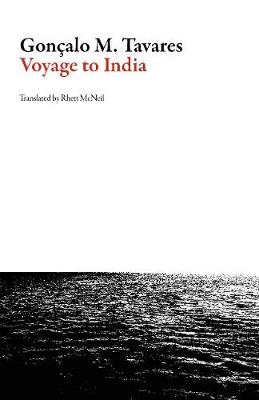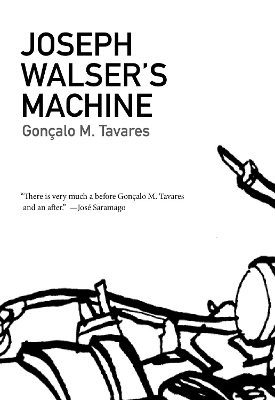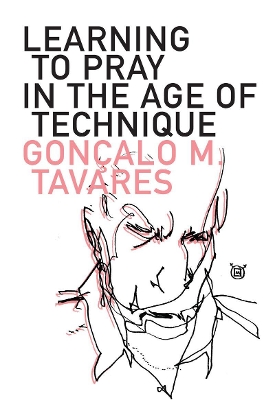Portuguese Literature
3 total works
A Voyage to India is the story of Bloom, our hero, as he makes his way from Lisbon to India in a decidedly non-heroic age. Gone are the galleons, gone is god; so too the swords of the swashbuckler and sacerdotal certainty. In such an era, where is wisdom to be found? Bloom-ever deliberate, ever longwinded-takes his time getting to India, stopping first in London, then Paris and elsewhere in Europe, making friends, encountering enemies, recounting his life story, revealing the reasons for his flight from Lisbon and his vague hopes for and nagging fears about what he might find in India. Or within himself. His is a melancholic itinerary, an attempt to learn and forget. As our narrator flatly declares: “Life proceeds and is monstrous.” Parodying The Lusiads, Luis de Camões’s sixteenth-century Portuguese epic of seafaring exploration and naval prowess, Tavares’s poem is a solemn requiem of sorts, an investigation into the psyche of humankind in a world where the advance of technology outpaces our ability (or desire) to theorize it, the search for wisdom has been abandoned, and old imperialist dreams have revealed themselves to be a postcolonial nightmare.


